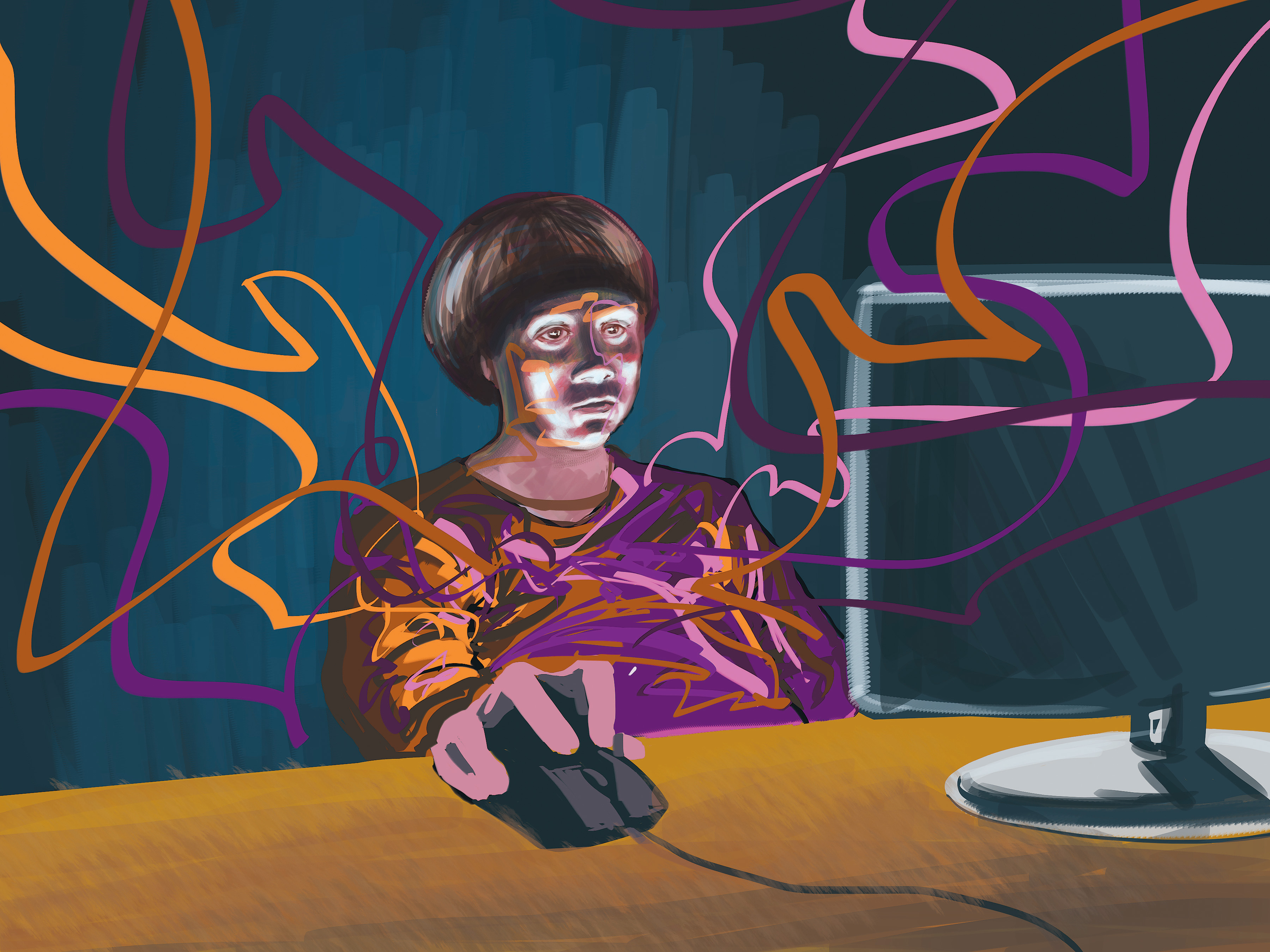As students, there is rarely a time in our lives when we do not have something to complain about. Anything from long lines at Starbucks, to missing class because there is no parking on campus. These complaints can be anything from trivial inconveniences to legitimate concerns about key issues in our society.
However infinite or legitimate our complaints may be, when given an opportunity to effect changes and have our complaints heard, we are too often silent. Specifically, I am talking about the vote. Sadly, too many of us wake up the morning after the election, get ready for school, walk out the front door and immediately start complaining again. We cynically point our fingers at politicians, bureaucrats and anyone else who gets in our way. However, we rarely think to blame ourselves for these problems. If you don’t vote, don’t complain.
What many students don’t seem to realize is that if you don’t start voting now you may be complaining about the same problems when you are 40! Changes rarely happen over night. It is through the constant reminder to our government officials that something is wrong. If you feel a particular issue is not being properly addressed, chances are that someone agrees with you and there is a good chance it will remain an issue 20 years from now if there is no effort to address it. Moreover, it is in the politician’s interest to listen to your complaints because at the end of the day they want your vote. You have a duty and obligation to yourself and the future students on campus to address the issues that make your life more difficult.
For those of you who say you don’t have time, I voted the other day, and it took approximately two minutes. With the time it takes you to verbally voice your complaint, you could have voted already. In this modern age, we even have the option to advance poll. For the amount of time most students spend on Facebook, I think it is fair to say that you have the time to protect your most fundamental democratic right. So, press the minimize button for two minutes, and issue your complaint where it actually matters: at the voting booth.
I do recognize that there are many different avenues to express and advocate your view of a better way of life, and many of you are actively using these avenues. However, voting is the simplest and most powerful form of political participation, and it is available to literally everyone. In many cases, people who use other avenues to express political views vote because they recognize its importance.
There is also the argument that because we have a first-past-the-post system (FPTP) in Canada, your vote will count for nothing if your favoured candidate loses. My answer would be: did you try and help your candidate win? Did you door knock? Did you pass out literature? Did you make any phone calls? Do you have the right political view? (Kidding). The vote may be the most basic and powerful, but it does not guarantee change. It is an initial stepping stone to a politically engaged citizenry. Most importantly, if everyone holds the attitude that their vote is wasted if they do not achieve success, it becomes a self-fulfilling prophecy. Instead of fighting for what you believe in, you just give up and let someone else’s vote dictate how you live your life.
There is also the argument that political parties are all the same. That voting for either party will not affect your life. Well, for the last five years under the NDP government, the provincial debt has gone from $7.98 billion to $10.9 billion. That’s a 37 per cent increase in five years. Do you think that won’t affect your life? Do you think that won’t affect the lives of your children?
I am a political junkie, so casting a ballot to me is like brushing my teeth. Wait — that would imply I only brush my teeth once every four years . . . but you get the idea. It is just something you do.
I can understand that you may not want to door knock, fundraise, make phone calls, join a political party, write a letter to your MP, MLA or city councillor, or base your entire academic career around politics, but is it too much to ask to just cast your vote?
Surprisingly, with all the complaints students have about our lives, we can rarely seem to spend the two minutes it takes to exercise our most fundamental right to vote. The next time you catch yourself pointing out something you think is stupid, stop and ask yourself, did you vote?




